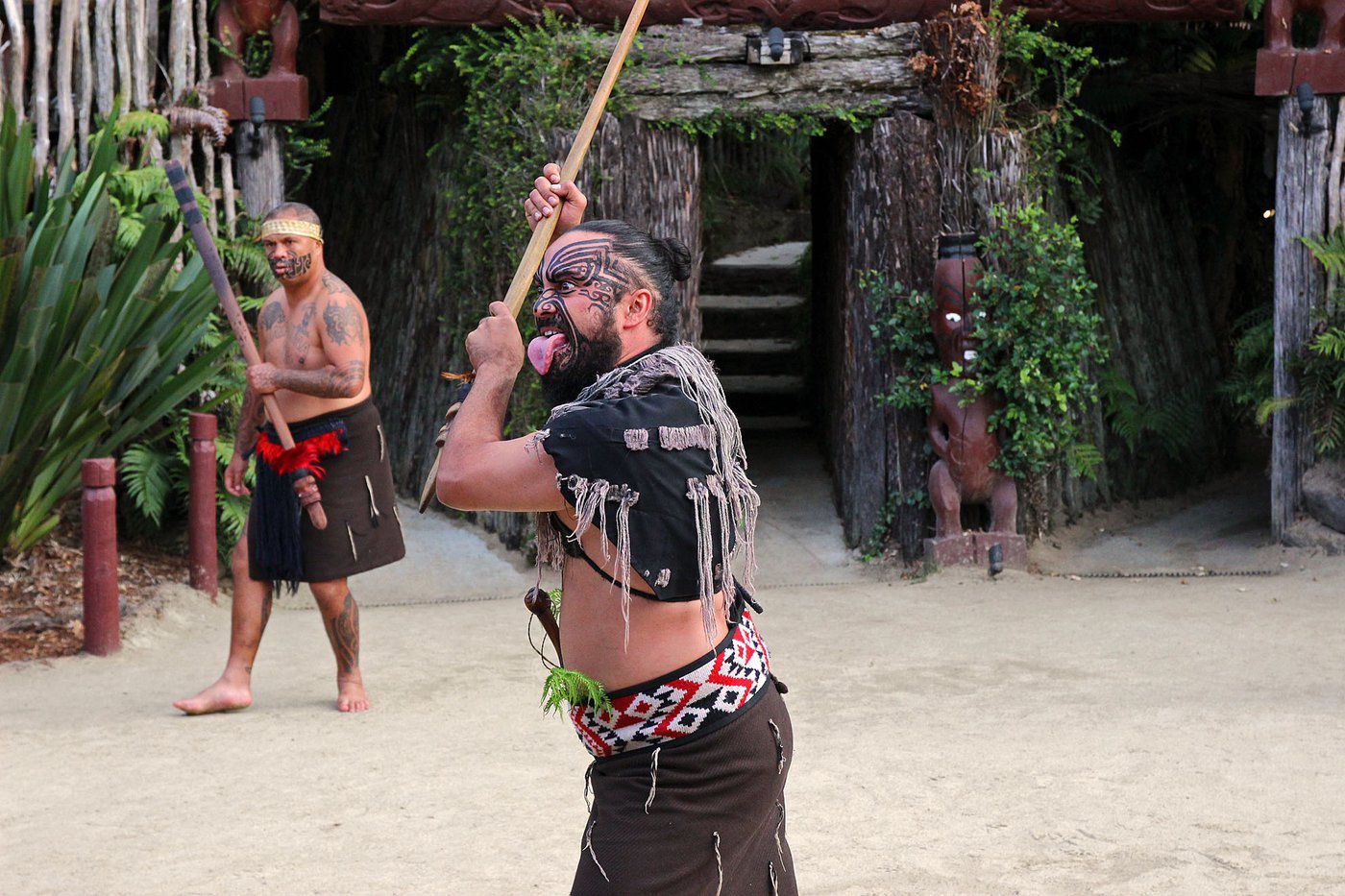By Pauline J. Sheldon, University of Hawaiʻi
HONOLULU, Oct 13 – Over-tourism, pandemics and climate change may contain the seeds of a new economic foundation for tourism — replacing individual-centred tourism (‘me-tourism’) with community-driven tourism (‘we-tourism’). We can hope these planetary challenges are making it clearer than ever that cooperation, care, trust and generosity are the key. Not only for a better vacation, but for the survival of our species.
Creating a new economic foundation for tourism will require a fundamental change in values by all. For example, the Mayor of Amsterdam recently announced that tourists “…taking a vacation from their morals” were not welcome.
A new approach requires questioning the assumptions and values of the ‘old’ economic system where there’s an emphasis on growing financial capital. Competition and self-interest are not the only way to economic progress.
Income (while it is much desired) does not equal happiness. Progressive economists like E.F. Schumacher, Joseph Stiglitz (winner of a Nobel Prize), and Kate Raworth have all recommended making social equity and environmental conservation part of economic growth by focusing on policies that enhance the greater good of humanity and common human values.
Here are some ways we could change the industry from the inside out.
A regenerative tourism economy may just be the most important step forward. Its principles include a holistic view of wealth, honouring community and place, empowered participation and being innovative and adapting to change. Applying these principles to tourism involves slowly building long-term, systemic change in tourism by learning from nature to improve the wellbeing of all creatures on Earth.
It rejects the idea that tourism is separate from the rest of the economy. It can heal damaged destinations and contribute to thriving host communities by constantly engaging locals in decision making.
As an example, the Hawaii Tourism Authority is charting a course to a more regenerative tourism model based on native Hawaiian values such as Malama (caring) and Kuleana (responsibility). This includes an extensive process to gather community input. Regenerative tourism is rather like a wise and mature adult nurturing and guiding the future of tourism.
Consider a sharing or collaborative economy. Ideally, a sharing economy is the non-monetised sharing of assets or services. Platforms such as Airbnb and Uber, with their apps and monetised transactions have somewhat distorted the ideal. Tourism offers many opportunities for sharing and collaboration.
These can include vehicles such as bicycles and cars, accommodation and host experiences like home dinners, local market trips and walking tours. The city of Amsterdam became Europe’s first Sharing City in 2015 and has since created infrastructures for residents and tourists to share or rent products and services as needed.
A circular economy seeks to eliminate waste and pollution by re-using, recycling and repairing. Tourist activity can be very wasteful, it can over-use water and contribute to rubbish and plastic pollution. Encouraging tourism enterprises to adopt green practices and educate tourists about sustainable choices can help to develop a circular tourism economy.
International not-for-profit Clean the World, for example, partners with large hotels to recycle unused hotel soap, sending it to countries in need.
A creative economy can innovate and re-design tourism by valuing and nurturing the intelligence, imagination and creativity of employees. Creative work can improve the status, education and well-being of tourism employees whose jobs today are often demeaning, low-paid dead ends.
The international Tourism Education Futures Initiative has designed education programs to create more meaningful careers based on values, creativity and innovation. These include social entrepreneurship, social innovation and designing meaningful tourist experiences. Success in a creative economy is measured by the amount of change, diversity, learning and adaptation that it’s able to achieve.
An economy of generosity, or gift economy, can enhance tourism, and improve the health, wellbeing, and longevity of the giver and the receiver. Contribution instead of consumption, relationships instead of transactions and trust instead of disputes are key.
Research tells us that tourists want to contribute or volunteer, but most destinations are not designing experiences to foster generosity. Two effective examples are Karma Kitchen, an international restaurant chain that does not charge for meals, but instead invites customers to pay-it-forward for the next customer. And Amsterdamʻs Untourist Guide provides designed experiences for tourists to help the environment, such as ‘plastic fishing’ in canals.
A sacred economy honours humanity’s connection with animals and the environment and each other as a cure for the division in society today. It rises above the mundane and emphasises the cultures, traditions, lifestyles and beliefs of the local or indigenous people.
For example, Maori beliefs of the Tiaki Promise, to care for the people, place and culture, and Bhutan basing its tourism development on the spiritual values of Buddhism. This includes the revolutionary concepts of degrowth, gift culture, strong local economies, and equal distribution of wealth. It challenges us to place spiritual values at the centre of decision-making and in the design of tourist experiences.
For too long, tourism has been in a separate silo from other sectors, without integrating the latest thinking from allied fields. This infusion of new ideas is crucial.
Most importantly a shift from, ‘What about me, my pleasure, my wealth?’ to ‘What can I do to contribute to others and the world?’ can create the core of a new tourism.
Dr. Pauline J. Sheldon is Professor Emerita at University of Hawaiʻi, School of Travel Industry Management.
Article courtesy of 360info.









